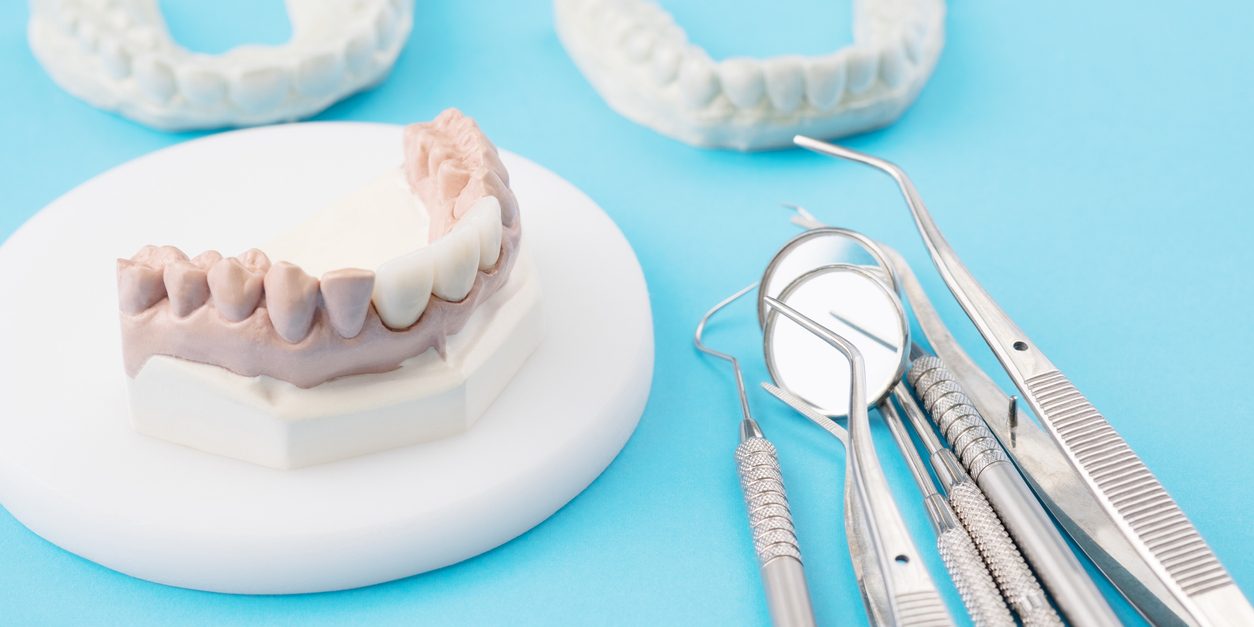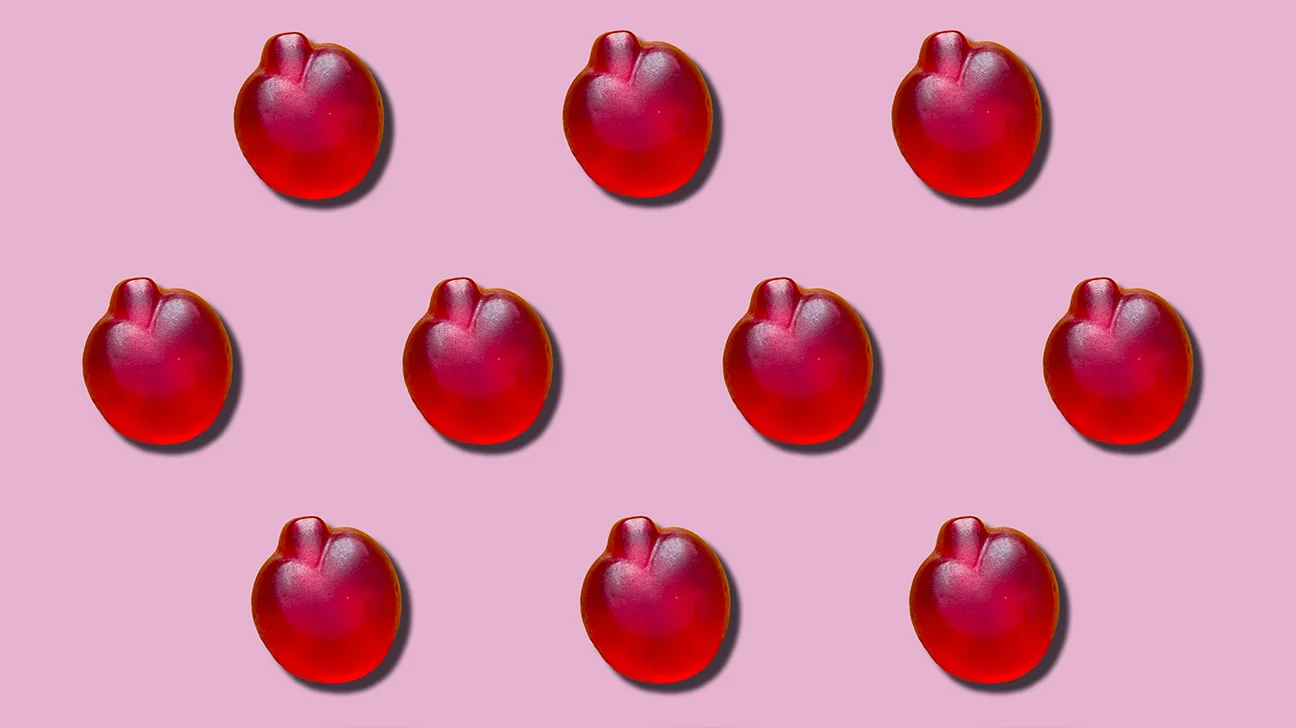THCa bud, short for tetrahydrocannabinolic acid, is a compound found in raw, unprocessed cannabis plants. It’s a precursor to THC (tetrahydrocannabinol), the well-known psychoactive component of cannabis. While THCa itself doesn’t produce intoxicating effects like THCa bud does, it offers potential therapeutic benefits and has gained attention in the medical cannabis community.
THCa bud looks like regular cannabis flower but contains high levels of THCa and minimal THC, as it hasn’t been decarboxylated through heating, which converts THCa into THC. This means that consuming Best THCA Flower in its raw form won’t result in the typical euphoric “high” associated with cannabis use. Instead, it offers a range of potential health benefits due to its interaction with the endocannabinoid system (ECS) in the body.
The ECS plays a crucial role in regulating various physiological processes, including mood, appetite, pain sensation, and immune response. THCa interacts with the ECS by binding to cannabinoid receptors, particularly CB1 and CB2 receptors, albeit differently from THC.

Research on THCa is still in its early stages, but preliminary studies and anecdotal evidence suggest several potential therapeutic properties:
- Anti-inflammatory: THCa has shown promise as an anti-inflammatory agent, potentially helping alleviate symptoms associated with conditions like arthritis, inflammatory bowel disease (IBD), and neuroinflammatory disorders.
- Neuroprotective: Some studies suggest that THCa may have neuroprotective properties, potentially offering benefits for neurodegenerative diseases like Alzheimer’s and Parkinson’s disease.
- Anti-nausea: THCa may help reduce nausea and vomiting, making it potentially beneficial for cancer patients undergoing chemotherapy or individuals with conditions like nausea and vomiting disorders.
- Appetite stimulation: Like THC, THCa may stimulate appetite, which could be beneficial for individuals experiencing appetite loss due to medical conditions or treatments.
- Antioxidant: THCa exhibits antioxidant properties, which may help protect cells from oxidative stress and damage caused by free radicals. This could have implications for overall health and potentially help mitigate the effects of aging and certain diseases.
Consuming THCa bud can be done through various methods, including juicing raw cannabis, blending it into smoothies, or incorporating it into salads. Juicing is particularly popular, as it allows for the consumption of large amounts of THCa without experiencing psychoactive effects. However, it’s essential to note that heating THCa through methods like smoking or vaporization will convert it into THC, altering its effects.
Overall, THCa bud represents a potentially valuable addition to the spectrum of medical cannabis options available, offering therapeutic benefits without the intoxicating effects associated with THC. As research into its properties continues, it may become increasingly recognized for its potential in promoting health and well-being.








